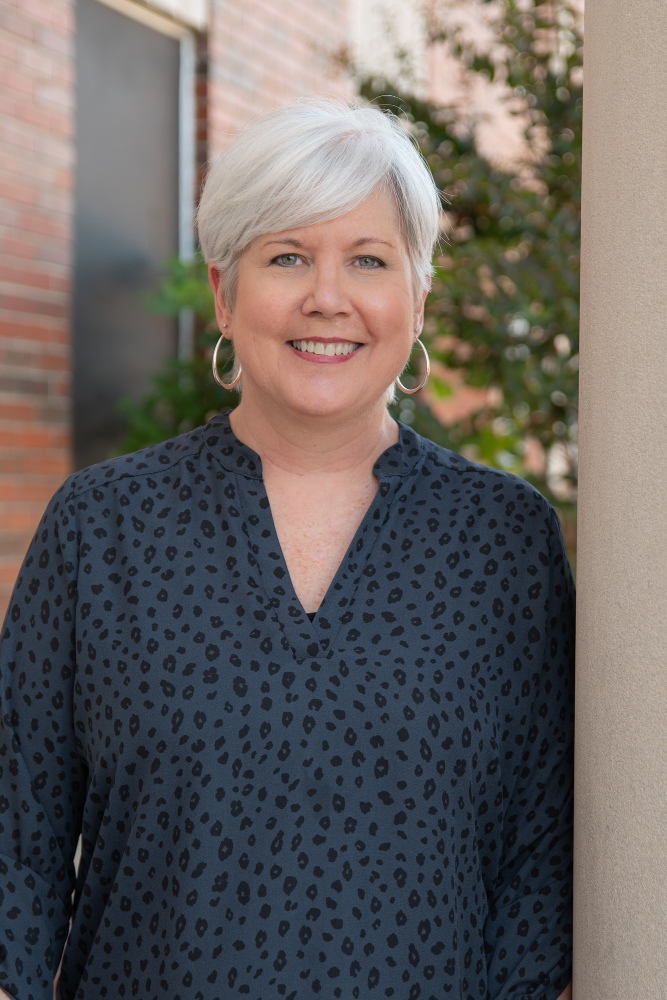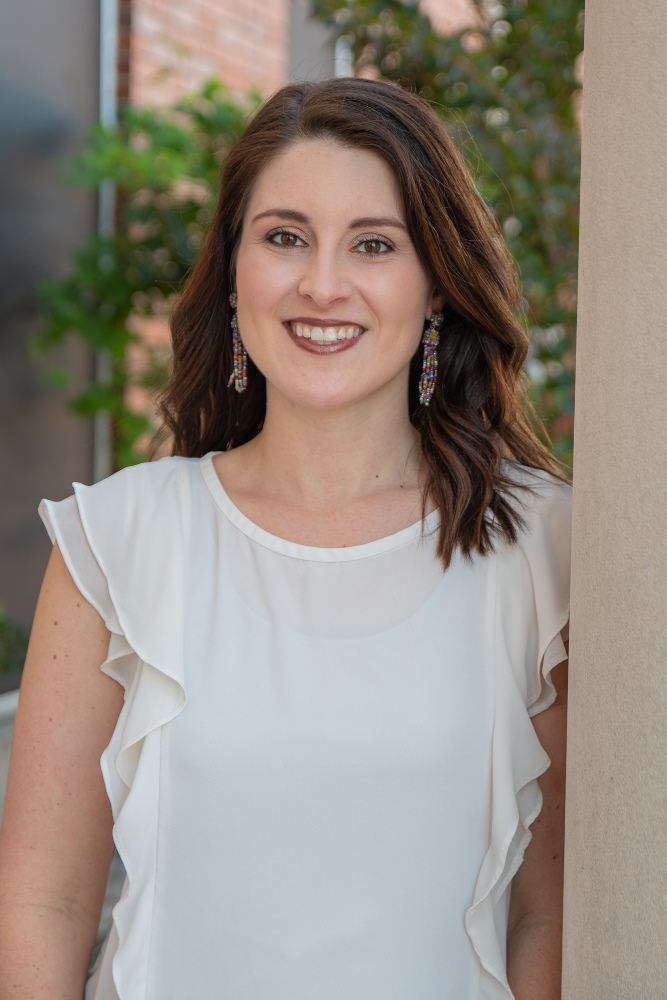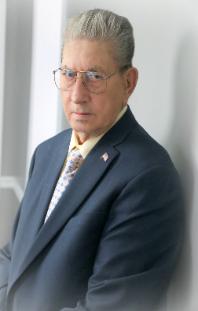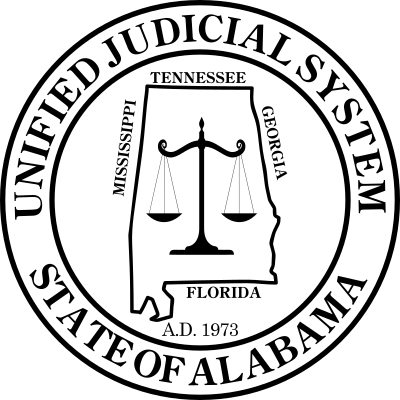- (251) 275-3144
- 114 Court Street Grove Hill, AL 36451
- Mon - Fri: 8:00 - 5:00
- Terms and Conditions
- Privacy Policy
One of the most frequently asked questions that our office receives is how a felony case proceeds through the Criminal Justice System for prosecution. Below is a basic flow chart to help you understand the mechanics of a Criminal Felony Prosecution. Below the flow chart is a list of commonly used terms in the Criminal Justice System and their definitions.

Wanda L. Lear
Choctaw County
Trial Coordinator

Miranda S. Criswell
Clarke County
Trial Coordinator

Summers G. Hill
Washington County
Trial Coordinator

Donald L. Lolley
Investigator
For questions concerning
criminal cases, contact
(251) 275-3144
